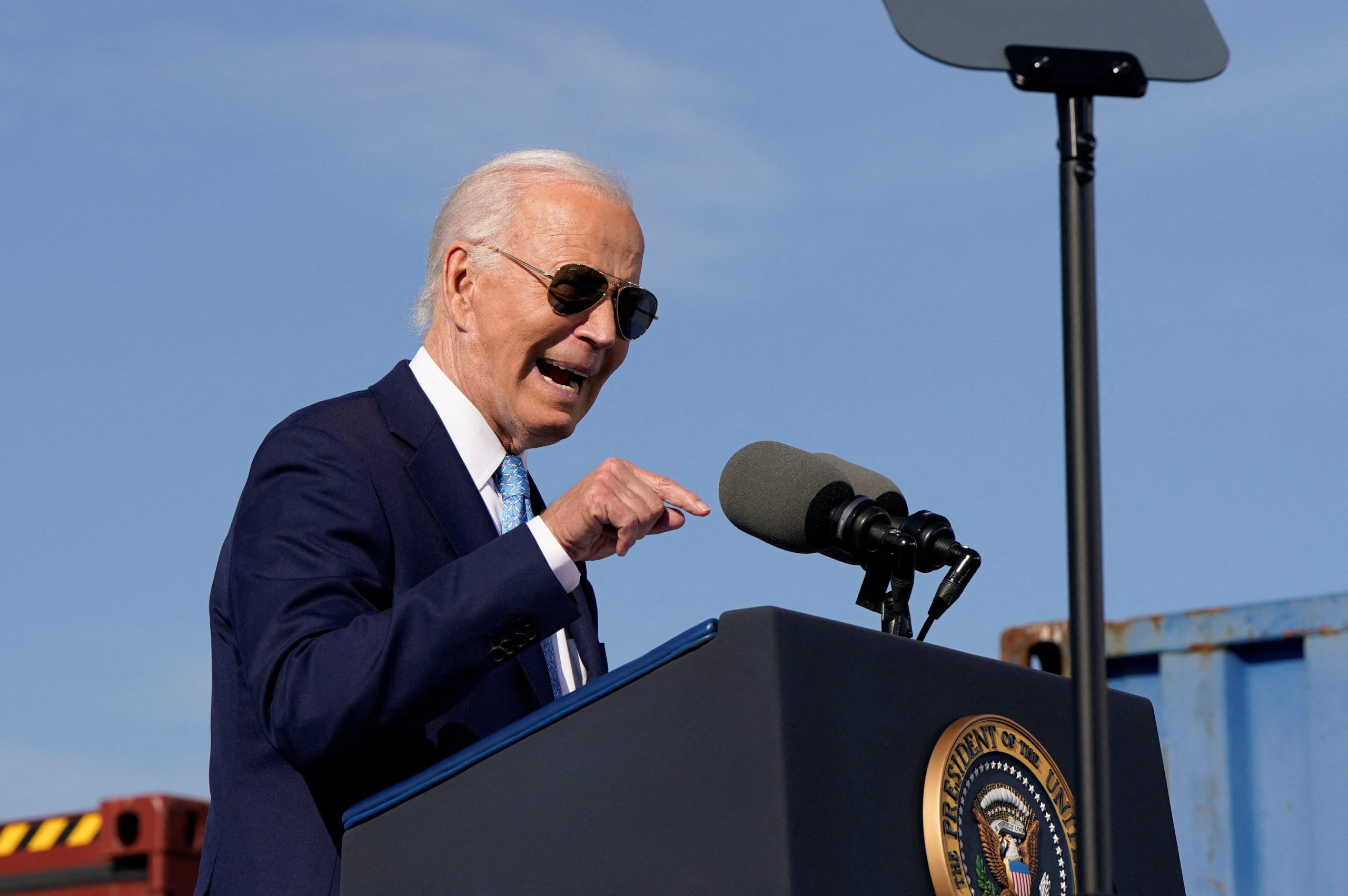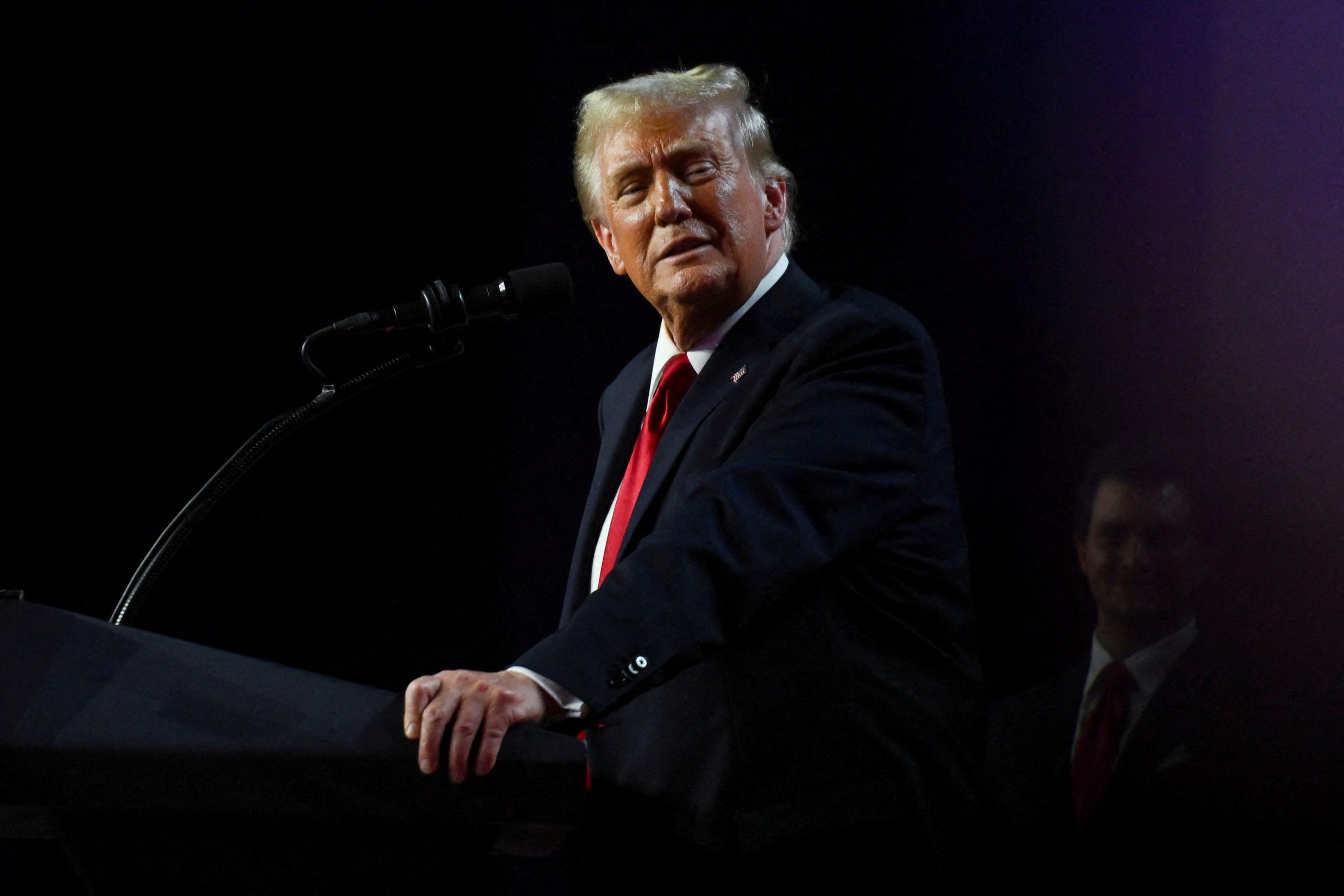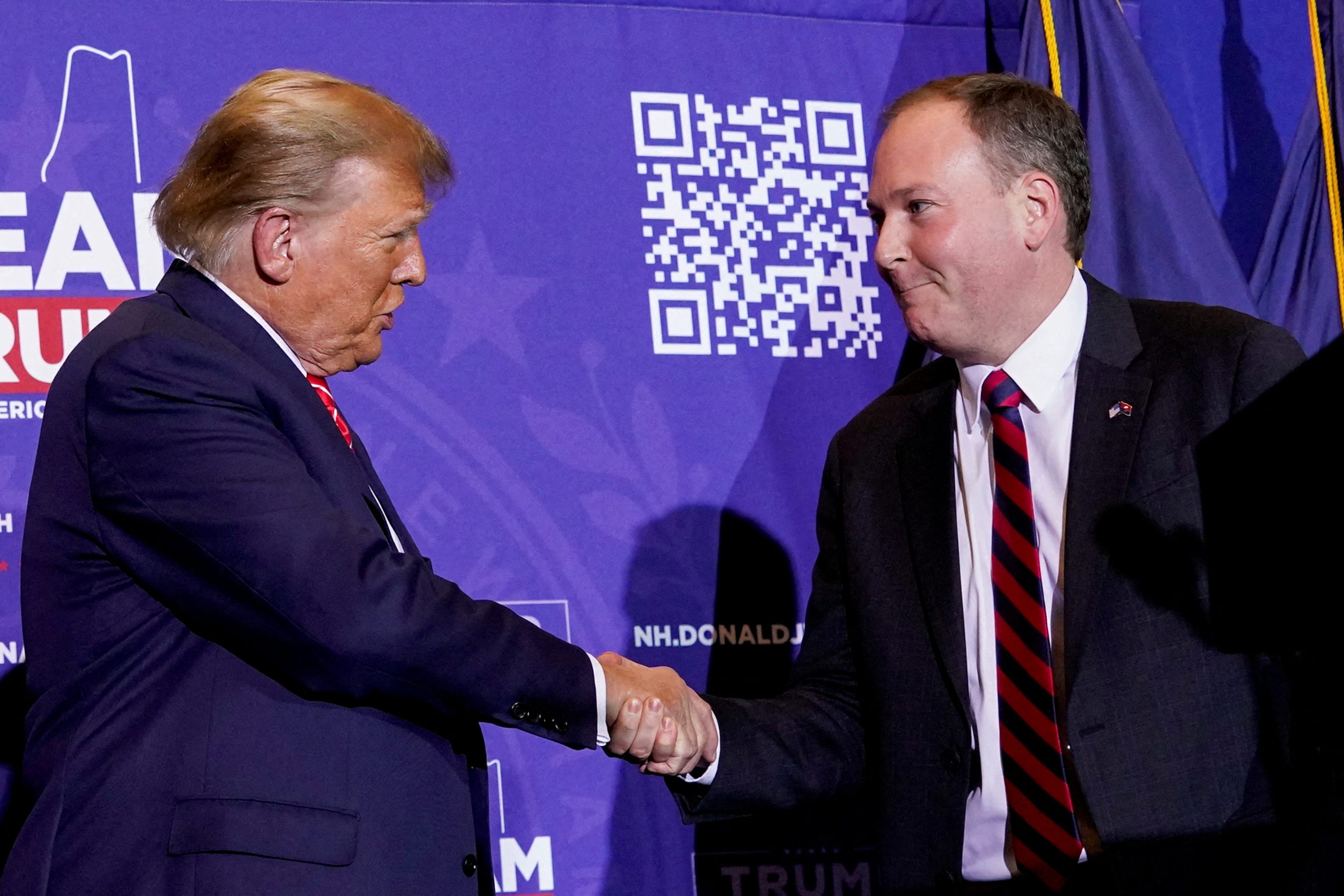As President Joe Biden prepares to leave the White House, an intense debate looms over whether he’ll pardon his son Hunter. Biden’s public stance has been firm: a pardon isn’t on the table. But with Hunter facing up to 25 years for firearm charges and 17 years for tax violations, speculation is building around a last-minute clemency move from Biden.
Hunter’s legal woes became a major Republican target during Biden’s term. Now, with Biden’s political career ending, former federal prosecutor Neama Rahmani suggests the president might be willing to endure the backlash to spare his son from a lengthy prison sentence. Though White House Press Secretary Karine Jean-Pierre recently reiterated Biden’s “no” on a pardon, close watchers—including journalist Bob Woodward—have questioned if Biden might act differently in his final days, potentially revisiting controversial presidential pardons from history for guidance.
Presidential pardons are risky moves. Gerald Ford’s pardon of Richard Nixon, following the Watergate scandal, cost him public support and likely the 1976 election. Similarly, Bill Clinton faced a storm of criticism after pardoning financier Marc Rich, whose ex-wife had ties to the Democratic Party.
For Biden, pardoning Hunter could fuel political blowback for the Democratic Party, already reeling from a difficult election. However, as Biden contemplates his legacy, he may decide that facing personal criticism to protect his family outweighs any political fallout.
















